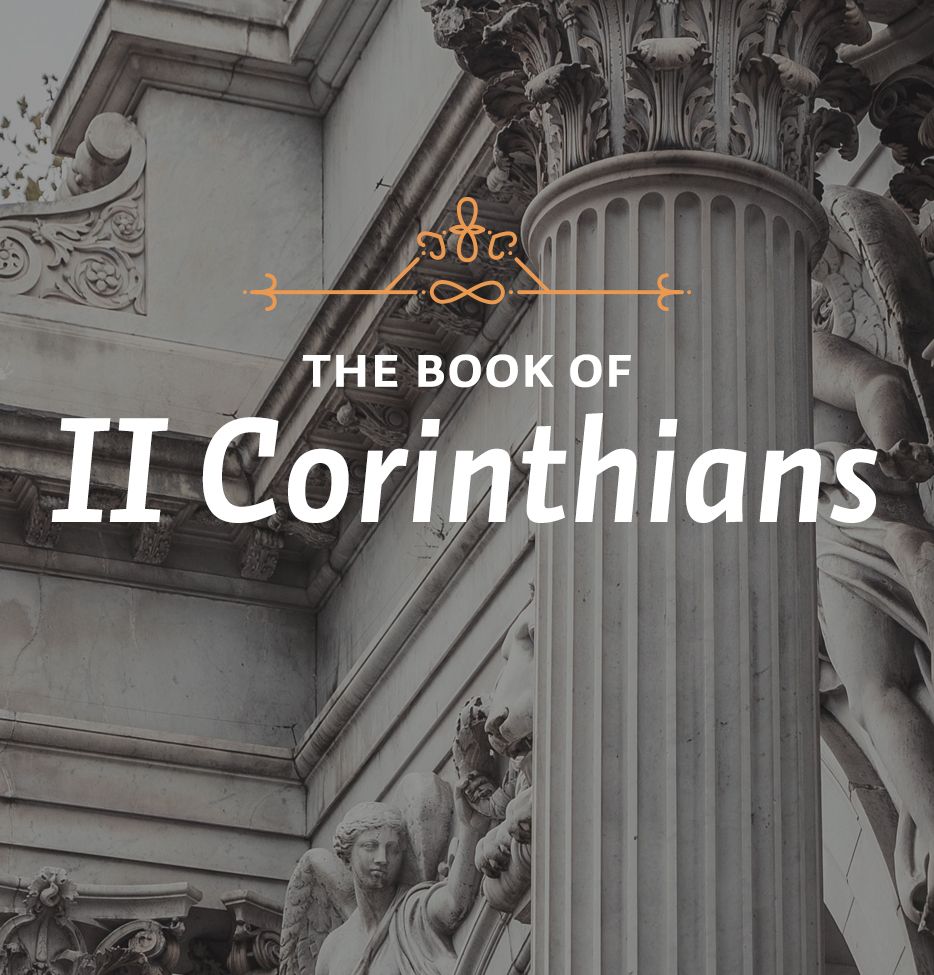Final Greetings1 Corinthians 16:1-24Theme: Practical Christian living.This week’s lessons provide us with practical teaching on giving, loving, and standing firm.
LessonIn the next portion of this sixteenth chapter, beginning with verse 5, Paul speaks of himself and his fellow workers. Paul is an apostle, so he speaks with a special divine authority not given to many others. Since his writing was divinely inspired, he actually wrote with the authority of the Holy Spirit. He mentions Timothy, whom he was training to carry on a lot of the leadership of the church after he was gone. Timothy was a younger man, a godly man, and one about whom Paul speaks very favorably. He does so extensively in the letter to the Philippians and in his letters to Timothy himself, and yet a man who, as we read those various references to him, was probably somewhat insecure in his position of leadership.
Timothy might even have had what we tend to call today an inferiority complex. I do not think Paul would have said that of him. But he was with Paul who was the great Apostle, a dynamic leader, the dynamo in the church. Those who saw Timothy did not always think quite so highly of him because he was less dynamic than Paul, as well as younger and of a quieter nature. Again and again, as Paul writes to these churches, he tells them to receive Timothy, and to be kind to him, and to accept him, which is what he does here. And when he writes to Timothy, he says to him, “Don’t let anyone look down on you because you are young, but set an example for the believers in speech, in life, in love, in faith and in purity” (1 Tim. 4:12).
Paul then mentions this man Apollos. Apollos apparently spoke with the eloquence of the Greek orators and was, therefore, well received in the Greek city-states. We know that Apollos had been to Corinth, because earlier in the letter, we find out that part of the factionalism in that church was a result of divided loyalties between Paul, Peter, and Apollos. The Christians there in the church divided themselves up among these Christian leaders. “One of you says, ‘I follow Paul’; another, ‘I follow Apollos’; another, ‘I follow [Peter]’; still another, ‘I follow Christ’ ” (1 Cor. 1:12). So Apollos had been there in Corinth, and he had apparently been a great leader.
It would be possible, I suppose, for Paul to have been jealous of Apollos. You will notice as you read the reference to him in verse 12 that he says that he urged him to go to Corinth but that Apollos was unwilling to go, at least for now. It obviously means that Apollos did not consider himself under Paul’s authority. Paul may have been the apostle, but when he wanted Apollos to go to Corinth, Apollos did not feel obliged to go. Timothy, of course, did. Timothy did what Paul said. While Apollos did not feel under his authority, as we read this, we do not find any jealousy on the part of Paul. We do not feel any resentment. Instead Paul speaks of Apollos as a brother and upholds his ministry before the Christians in Corinth.
It is a wonderful thing when Christianity functions that way. One of the sad things in the Church is the kind of rivalry that exists between ministers, sometimes within a local church itself, and, perhaps even more often, between local churches in a neighborhood or between denominations. I believe in denominations. I think they have their place. And I certainly believe that a local church should belong to something greater than itself because there is the matter of accountability. Yet I have to say that the Church is bigger than any denomination.
So we have to find ways of reaching out across these barriers, not to deny what we think is important and a valid expression of the faith, but, rather, reaching out in order to say that although we function in different spheres and we are doing things in different ways, we are, nevertheless, all members of the body of Christ. Unless we do that we are creating the same error that these Christians at Corinth were guilty of when they were dividing into factions.
Study Questions
Who was Apollos?
What is the difference between denominations and divisions?
Further StudyTo find out more about Apollos, read Acts 18:18-27.
ReflectionAre you shy or insecure? For the next few days, read slowly through Paul’s first and second letters to Timothy. Meditate on God’s work in and through this quiet leader of the early Christian Church.
Key Point”…We are, nevertheless, all members of the body of Christ.”






